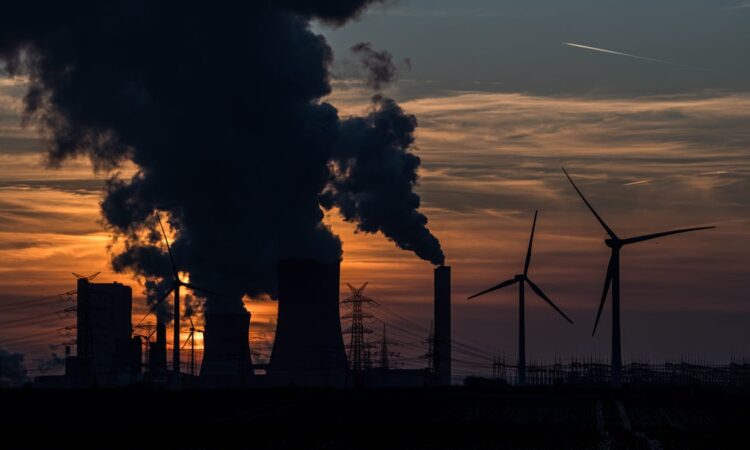
The European Union (EU) has announced that its carbon emissions significantly declined in the final fiscal quarter of 2022, even as its gross domestic product (GDP) grew. Emissions fell by 4% year-over-year, while GDP increased by 1.5% during the same period.
This is a major milestone for the trading bloc, which has looked to balance economic growth with its aggressive plan to transition to renewable energy sources.
Greenhouse gas emissions fell in 23 of the 27 EU member states, with only Denmark, Ireland, Latvia, and Malta seeing increases. The Netherlands, Slovakia, and Slovenia posted the biggest drops in emissions while also managing to boost GDP.
Emissions declined across all EU industry categories except services, mining, and transportation. The largest decline was in electricity, gas, and steam, buoyed by a concerted effort to reduce reliance on Russian gas, as well as unseasonably mild weather.

Up to 50% Off
Amazon Basics Overstock Sale
Their Overstock Is Your Savings
Amazon overstocked on a ton of everyday items, and they’re all up to 50% off. Whatever is on your list to grab this week, they probably have a sale.
Europe’s renewable energy transition: by the digits
55%: Minimum cut in carbon emissions the EU is targeting by the end of the decade. That figure, announced last month as part of its 2030 Climate Target Plan, is much higher than the previous target of 40%.
32%: Share of European electricity created by renewable energy sources (hydro, wind, and solar) in 2021. Fossil fuels produced 36% of the total that year.
600 gigawatts: EU goal for new solar panel production by 2030. Solar is the fastest-growing energy source in Europe.
300 gigawatts: EU goal for new offshore wind energy production by 2050. Offshore wind turbines currently generate 15% of Europe’s electricity.
2035: Deadline for all new EU-manufactured cars to be emissions-free.
2050: Deadline for Europe to become a “climate-neutral continent.”
Related stories
🌍 Germany is following through on its plan to shut down nuclear plants, despite some opposition
🔌 A US lab’s nuclear fusion breakthrough could transform clean energy
⚡ Wind surpassed nuclear power in the US for the first time on March 29—and then did it again






